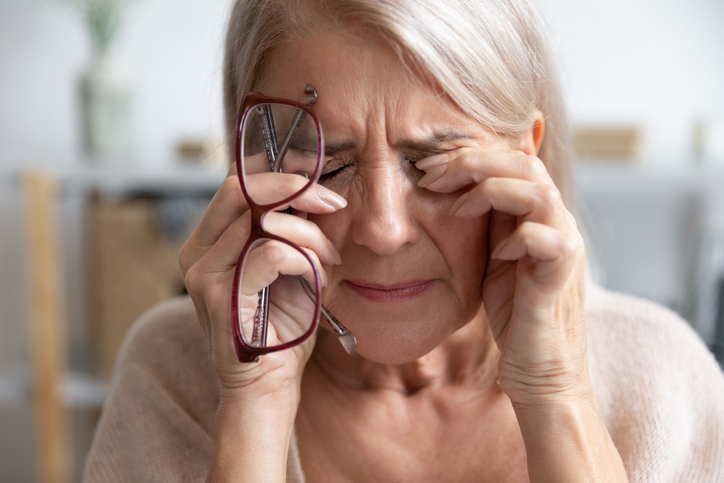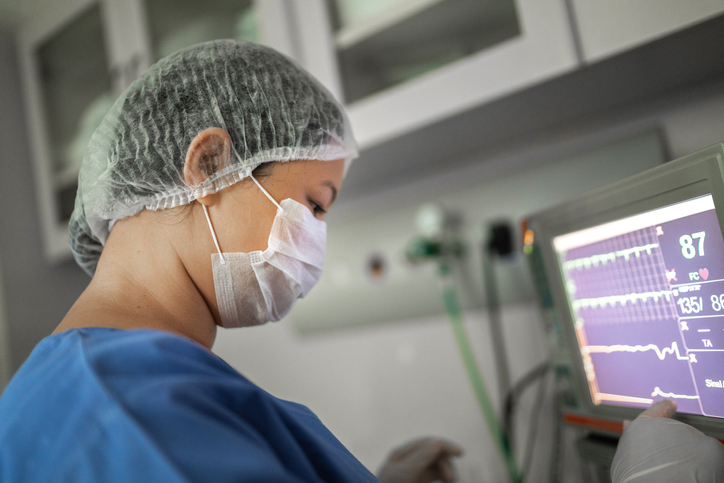Pain
Progression and Possible Complications of Postural Orthostatic Tachycardia Syndrome (POTS)

What is postural orthostatic tachycardia syndrome?
Postural orthostatic tachycardia syndrome (POTS) is a type of dysautonomia (an umbrella term for health conditions that affect the functioning of the autonomic nervous system). POTS is characterized by reduced blood circulation when standing upright from a reclining position.
Postural orthostatic tachycardia syndrome can be a life-changing diagnosis; however, it is usually not fatal. There is no known cure for POTS; however, treatment can help ease symptoms. POTS symptoms vary in severity. With the correct treatment, up to 90% of individuals with POTS report that their symptoms are manageable. In some cases, symptoms may disappear over the span of a few years. Men are more likely to recover completely from POTS as opposed to women.
Possible complications
Possible complications of postural orthostatic tachycardia syndrome include, but are not limited to, the following:
Falls
The most common POTS-related complications occur due to falls initiated from fainting. POTS can cause fainting due to drops in blood pressure. Because the symptoms of POTS are highly individualized, fainting may occur often, rarely, or never. Fainting is often associated with falling, which can cause the following complications:
- Head trauma
- Limb fractures
- Cuts
- Bruises
- Blood loss
Depression
In 25% of those with postural orthostatic tachycardia syndrome, symptoms are severe enough to limit everyday activities. Unfortunately, this can lead to depression. If depression occurs, a health care professional should be consulted, as medications, therapy, or a combination of the two can help ease symptoms of depression.
Anxiety
Postural orthostatic tachycardia syndrome is also associated with anxiety. Experiencing POTS symptoms or anticipating POTS symptoms, such as a rapid heartbeat or the feeling of faintness, can cause feelings of fear. This can cause intense anxiety, which can lead to an anxiety disorder. If intense anxiety occurs, a health care professional should be consulted, as therapy, medications, or a combination of the two can help ease symptoms of anxiety.
POTS and pregnancy
Postural orthostatic tachycardia syndrome can affect women of childbearing age. Studies show that symptoms decrease during pregnancy in more than half of pregnant women diagnosed with POTS; however, in some cases, pregnant women report increased symptoms during pregnancy. There is no known risk to an infant born to a mother with POTS. The main POTS-related complications during pregnancy also occur due to falls initiated from fainting.















